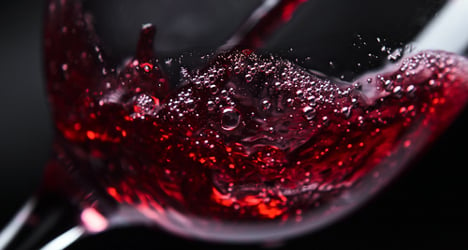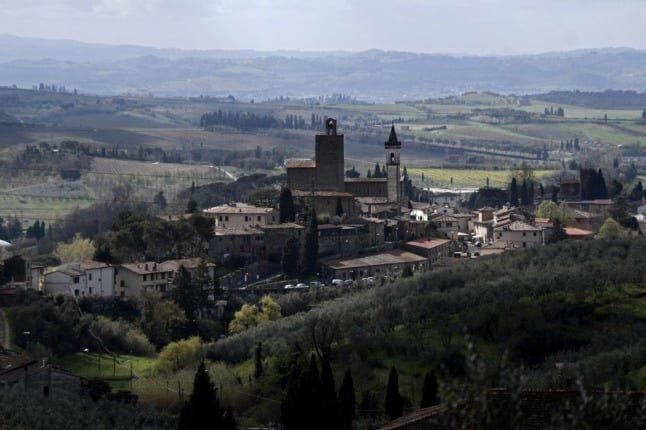A study out Monday found that resveratrol – one of the highly touted antioxidants in red wine – did not help people live longer.
Nor did it help people avoid cancer or heart disease, according to the research published in JAMA Internal Medicine, a journal of the American Medical Association.
"This study suggests that dietary resveratrol from Western diets in community-dwelling older adults does not have a substantial influence on inflammation, cardiovascular disease, cancer, or longevity," said the research, led by Richard Semba of the Johns Hopkins University School of Medicine.
Research on animals has suggested resveratrol, a polyphenol also found in some Asiatic plant roots as well as peanuts and berries, may wield beneficial health effects.
Although not proven in human studies, those findings have contributed to a $30 million (€21.8 million) per year market for resveratrol supplements in the United States alone, researchers said.
The latest study was based on measures of resveratrol levels in the urine of nearly 800 people in two small villages in Tuscany, Italy.
Researchers measured their urine for signs of resveratrol, to see if the amounts they were getting through their diet would contribute to improved health.
The subjects were 65 or older when they joined the study in 1998.
In the nine years that followed, 34 percent of those in the study died, and researchers could find no correlation between early death and resveratrol levels.
Nor could they find any significant links between resveratrol levels and the development of cancer or heart disease.
"These data are consistent with other studies that found that the method of alcohol consumption had no effect on outcome or if there is a benefit to red wine it does not appear to be mediated by resveratrol specifically," said Blase Carabello, chair of cardiology at Mount Sinai Beth Israel.
Indeed, some previous research in humans has suggested that resveratrol may not be the cure-all some have hoped, including studies that have shown no impact on blood pressure, metabolism or lipid levels.
"Of course the only way to be certain would be through a randomized trial but the current data lend little support for performing such a trial," added Carabello, who was not involved in the study.
According to Robert Graham, an internist at Lenox Hill Hospital in New York, the notion that people who drink red wine live loger is still a mystery.
"This study is a great example of how difficult it is to examine the role of 'the magic bullet' for health and longevity, in this case resveratrol," said Graham, who was not part of the research.
"As the authors mentioned in their study, studying resveratrol in humans is challenging given different rates of metabolism, utilization and excretion among different people," he added.
"The recipe for a longer, healthier life is still being developed."
Don't miss a story about Italy – Join us on Facebook and Twitter.



 Please whitelist us to continue reading.
Please whitelist us to continue reading.
Member comments